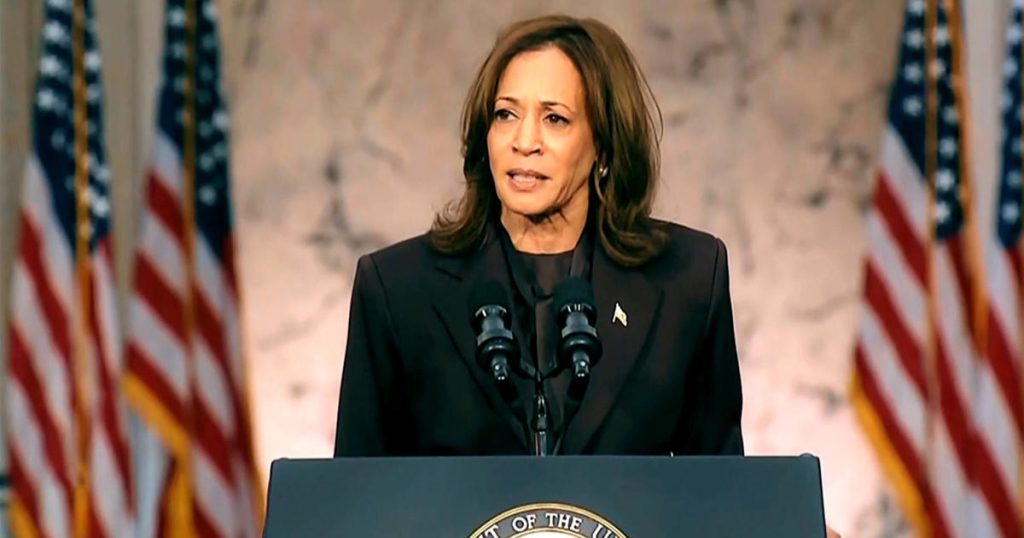Concession speeches play a crucial role in U.S. democracy by upholding the peaceful transfer of power. They demonstrate a commitment to the democratic process and a respect for the will of the people. In a concession speech, the losing candidate acknowledges the outcome of the election and pledges to work together with the winner for the good of the country. This act of political civility sets an important example for the nation and helps to maintain stability and unity during times of political transition.
Concession speeches also serve to promote healing and reconciliation in the aftermath of a divisive election. By graciously accepting defeat and offering congratulations to the winner, the losing candidate helps to ease tensions and foster a spirit of cooperation and goodwill among supporters on both sides. This gesture of sportsmanship and statesmanship is a powerful symbol of unity and democracy in action, showing that despite political differences, Americans can come together in common purpose for the greater good.
Additionally, concession speeches provide closure for the losing candidate and their supporters, allowing them to gracefully exit the political stage and begin the process of moving forward. By publicly acknowledging the outcome of the election and thanking their supporters for their dedication and hard work, the losing candidate can begin to process their loss and start planning for the future. This willingness to accept defeat gracefully and with dignity is a mark of true leadership and serves as a model for how to handle adversity with grace and resilience.
Moreover, concession speeches offer an important opportunity for the losing candidate to reflect on the campaign, its outcomes, and the lessons learned. By taking a moment to pause and assess the impact of their efforts, the losing candidate can gain valuable insights that can inform future decisions and strategies. This reflection process can be a key step in personal and political growth, helping the candidate to hone their skills, refine their message, and better connect with voters in future campaigns.
In conclusion, concession speeches play a vital role in U.S. democracy by upholding the principles of peaceful transfer of power, promoting healing and reconciliation, providing closure for the losing candidate, and offering an opportunity for reflection and growth. By delivering a gracious and dignified concession speech, losing candidates demonstrate their commitment to the democratic process, their respect for the will of the people, and their dedication to the greater good of the country. In this way, concession speeches serve as a cornerstone of democracy, embodying the values of civility, unity, and resilience that are essential for a healthy and vibrant political system.


